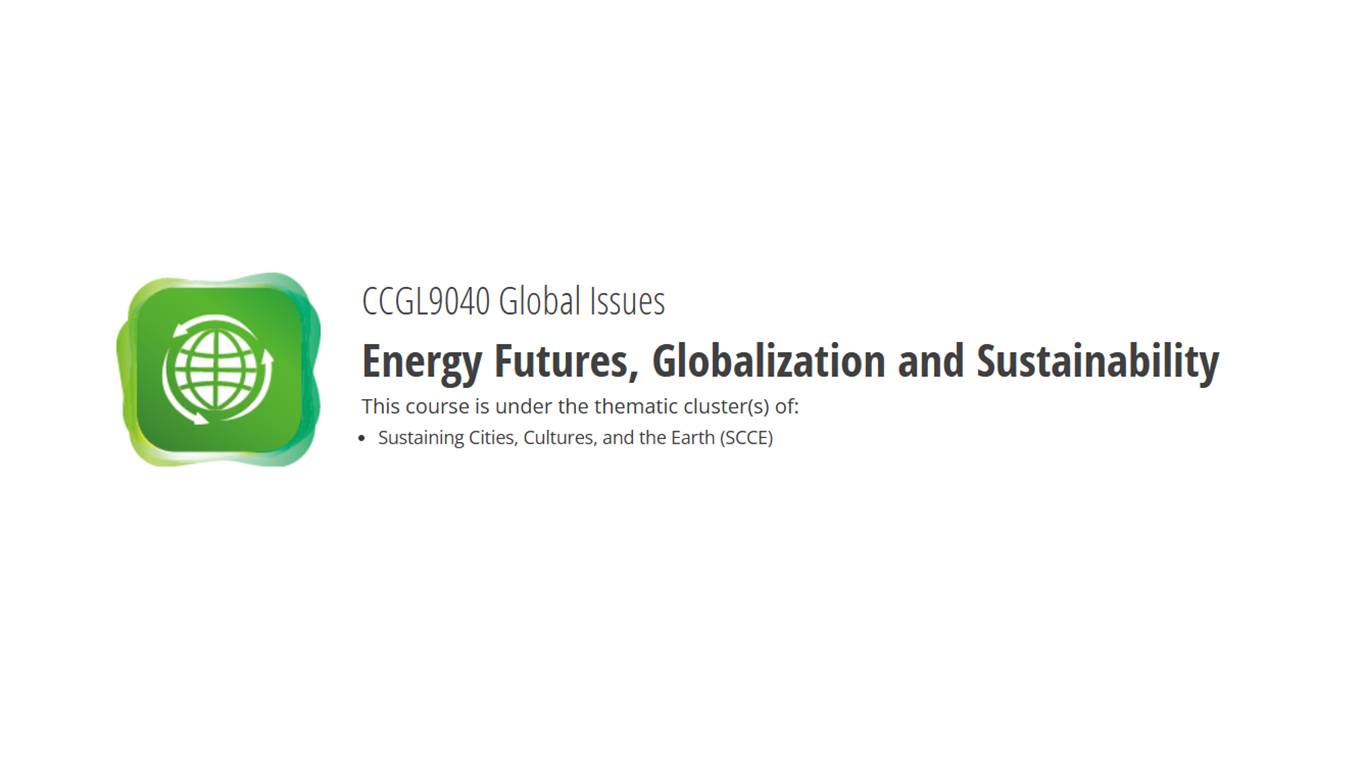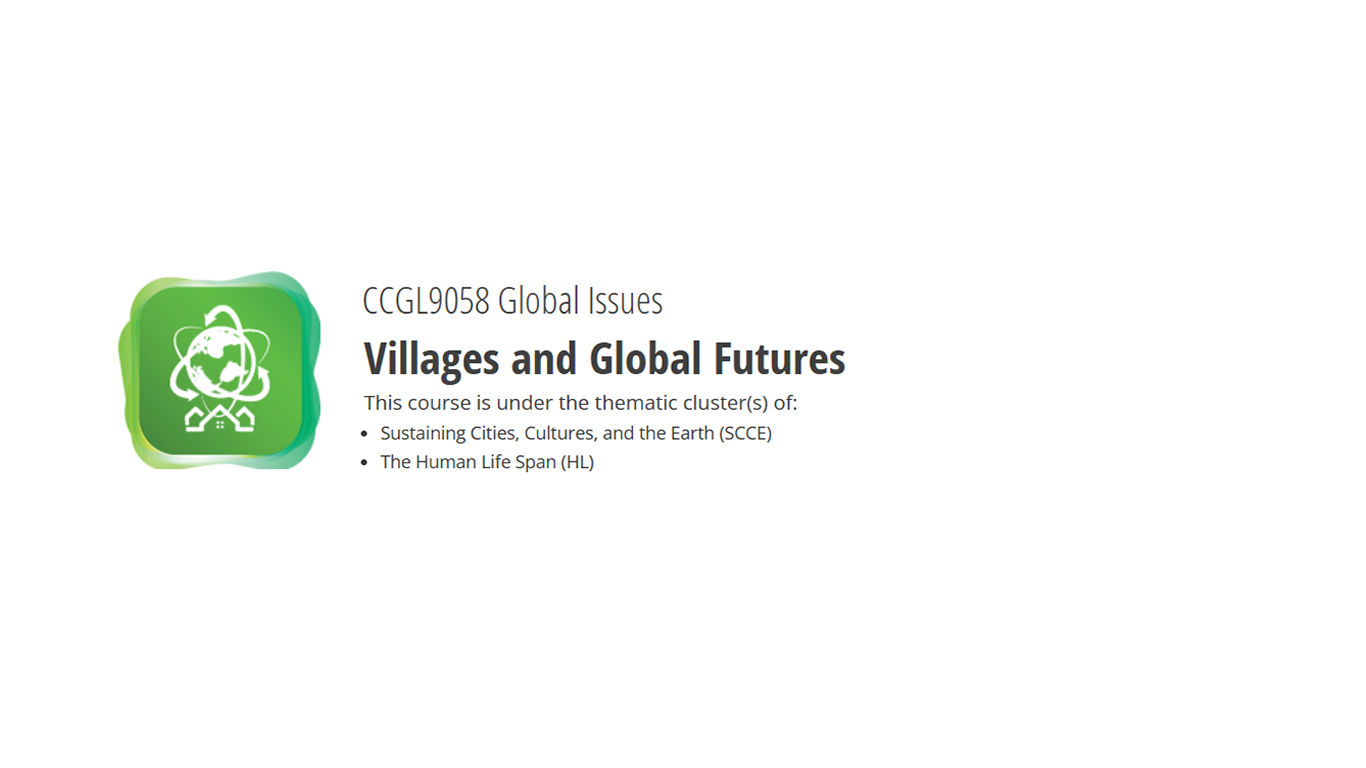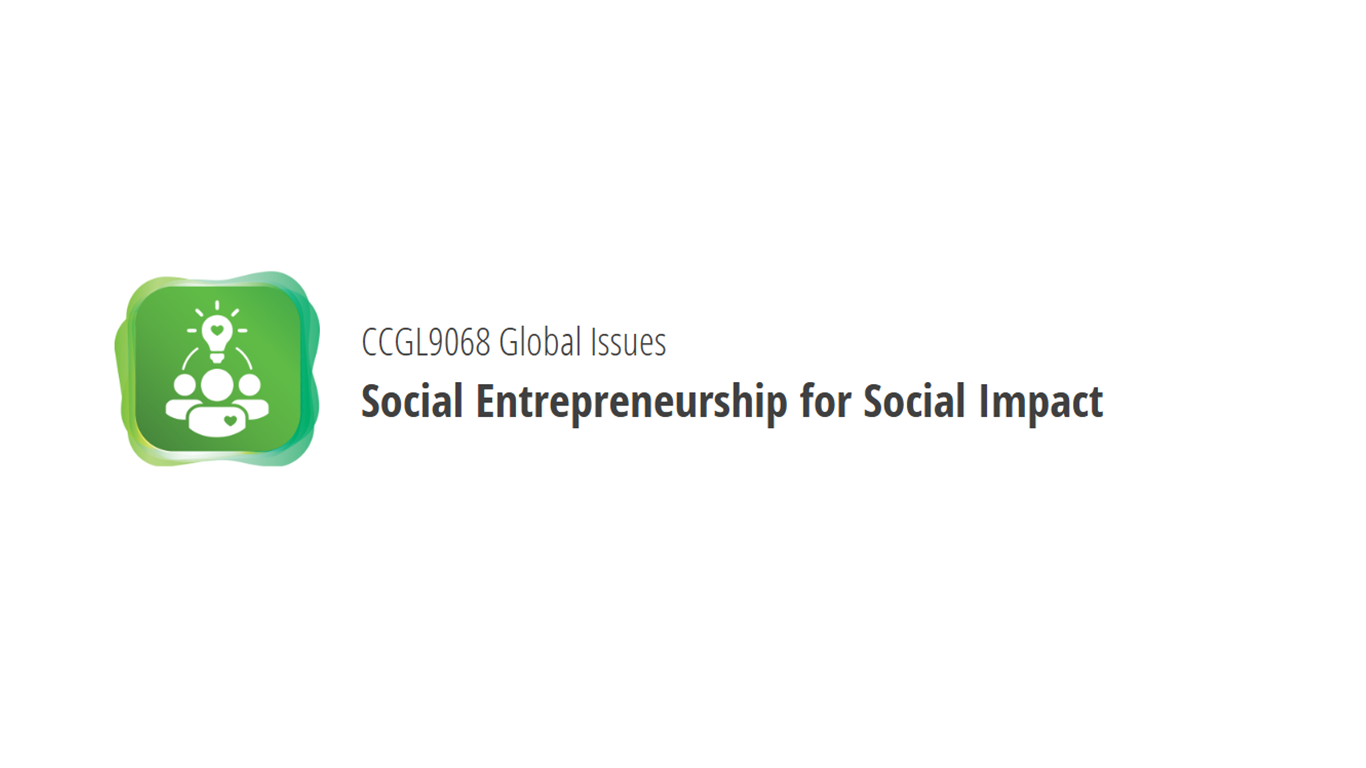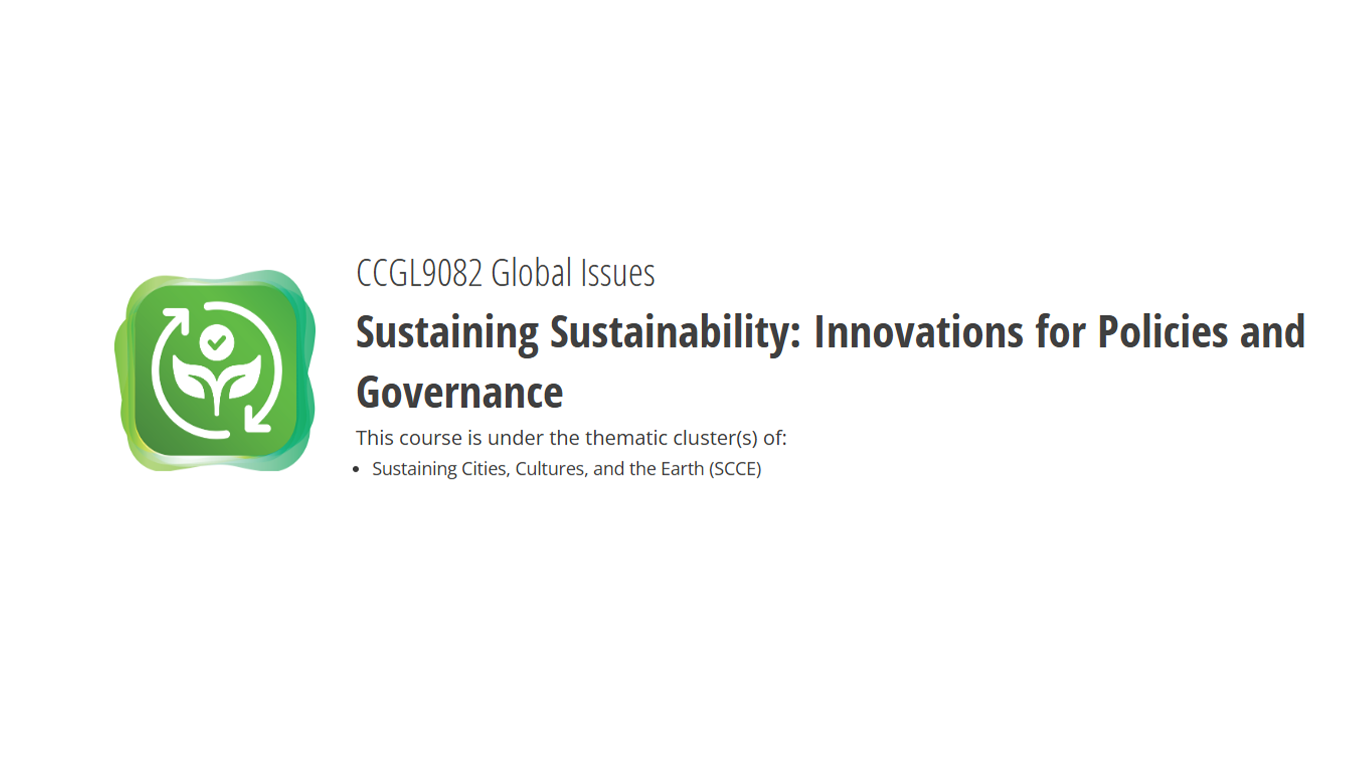Learning
The Centre is a long-established knowledge sharing hub for sustainability. We offer diverse learning opportunities and experience to university students, non-profit and business leaders and other keen members of the wider society. Our post-graduate studies, general education courses, corporate training programmes and community modules focus upon the enabling collaboration mechanisms and civil society capacity and readilness for sustainability. We draw upon leading academics, field experts and practitioners and policy and business leaders locally and from abroad to inspire and incubate change makers’ sense of stewardship and action towards societal and environmental challenges.
Academy for Sustainable Communities
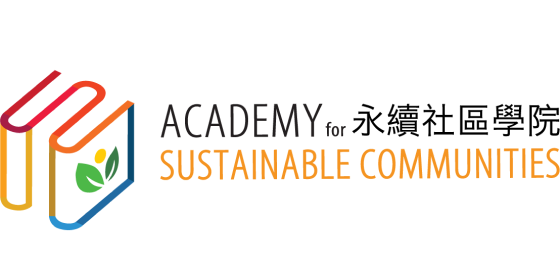
The Academy for Sustainable Communities (the Academy) was established by the Policy for Sustainability Lab in 2018 with a vision to become a regional knowledge exchange platform to disseminate knowledge of sustainability and incubate a new generation of change agents for sustainability. The Academy offers curriculum-based courses, cooperate trainings, seminars, forums and field-based activities covering sustainability-related knowledge and skill sets specified under the three Labs of the Center.
The Academy adopts a holistic learning strategy and provides students with ample experiential activities to learn and master the knowledge of sustainability issues. Our teaching team comprises of local and international experts and some of our courses and programmes are offered in collaboration with non-governmental organisations and professional associations who are at the forefront of pursuing sustainable development.


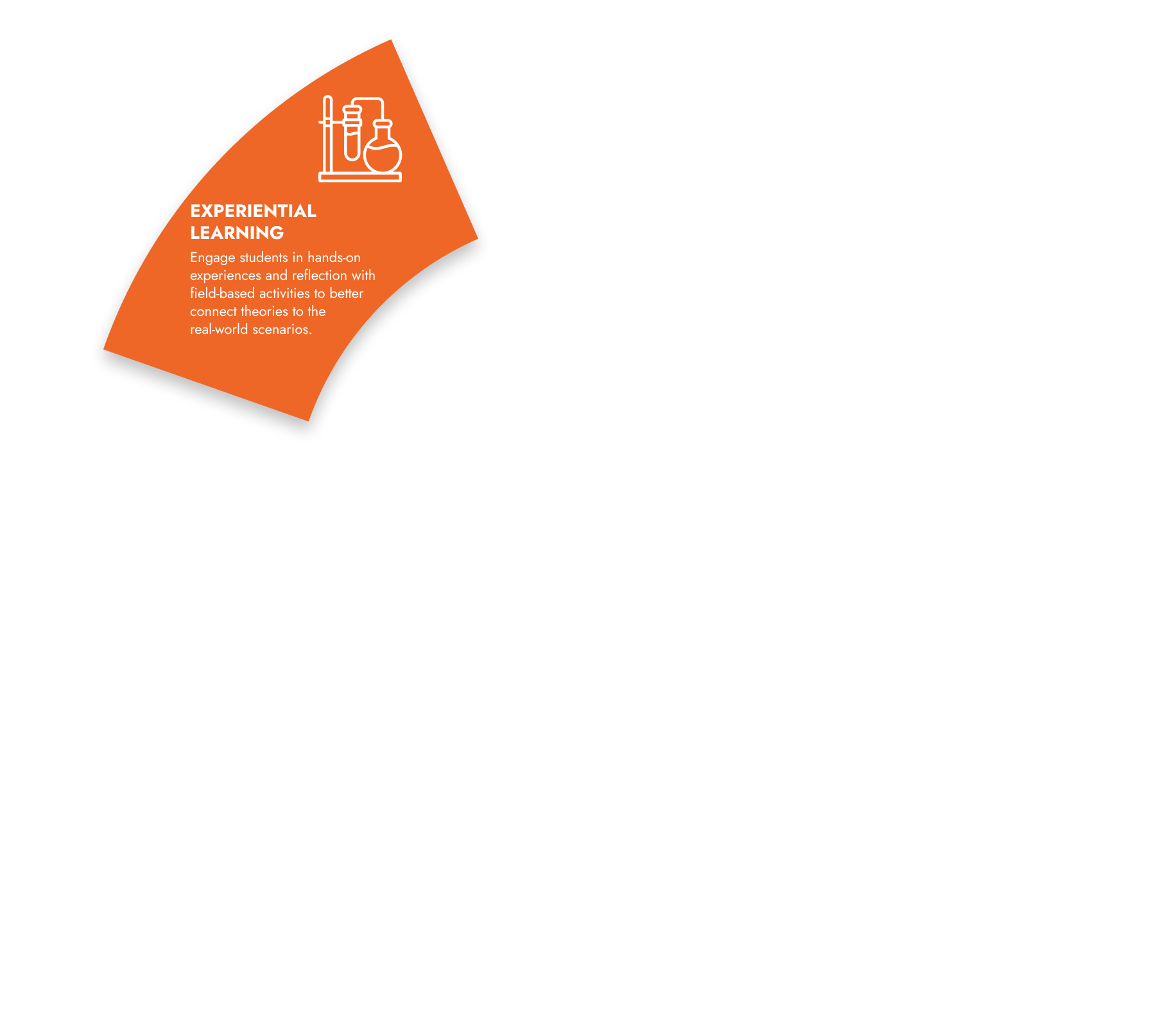
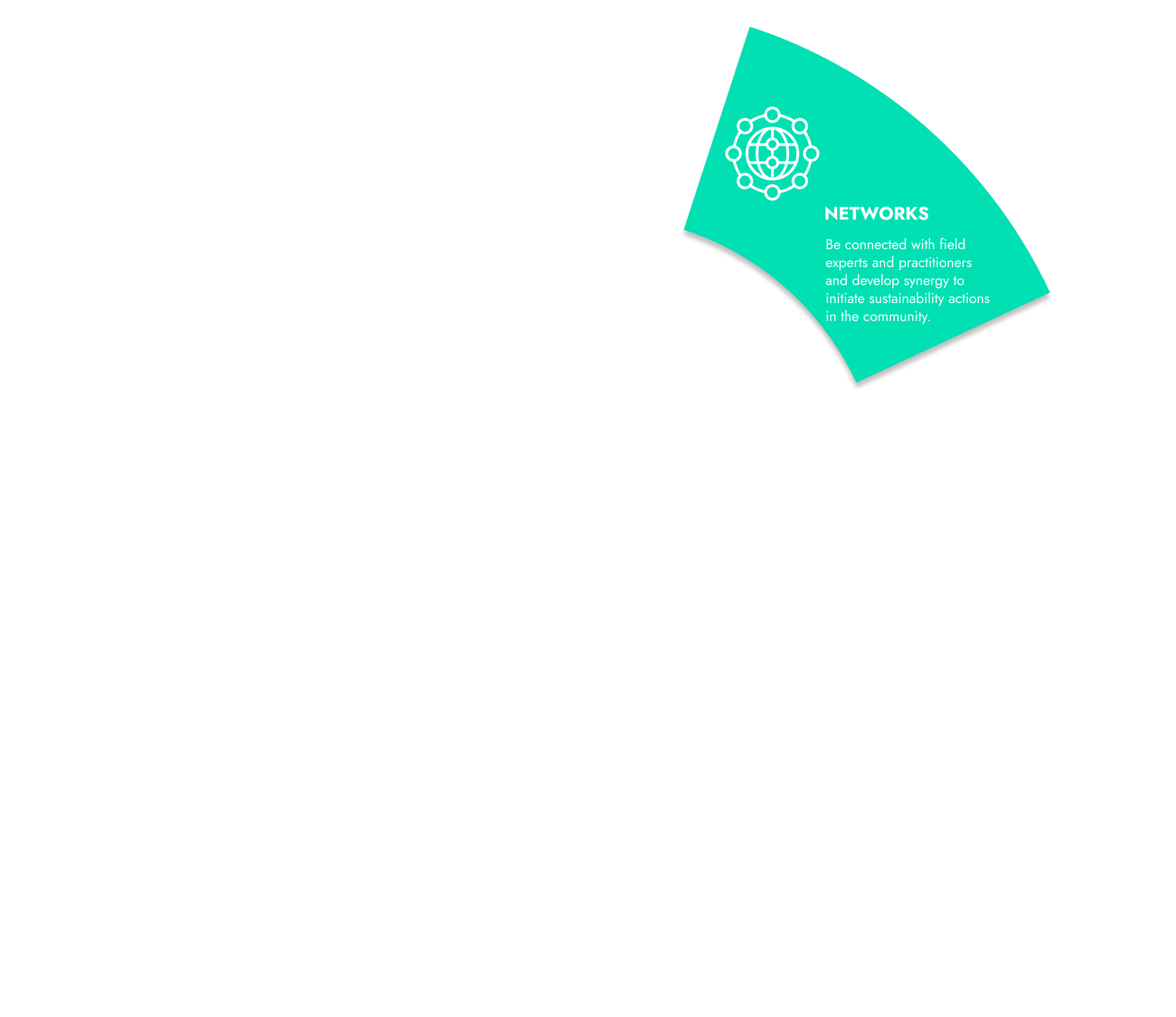

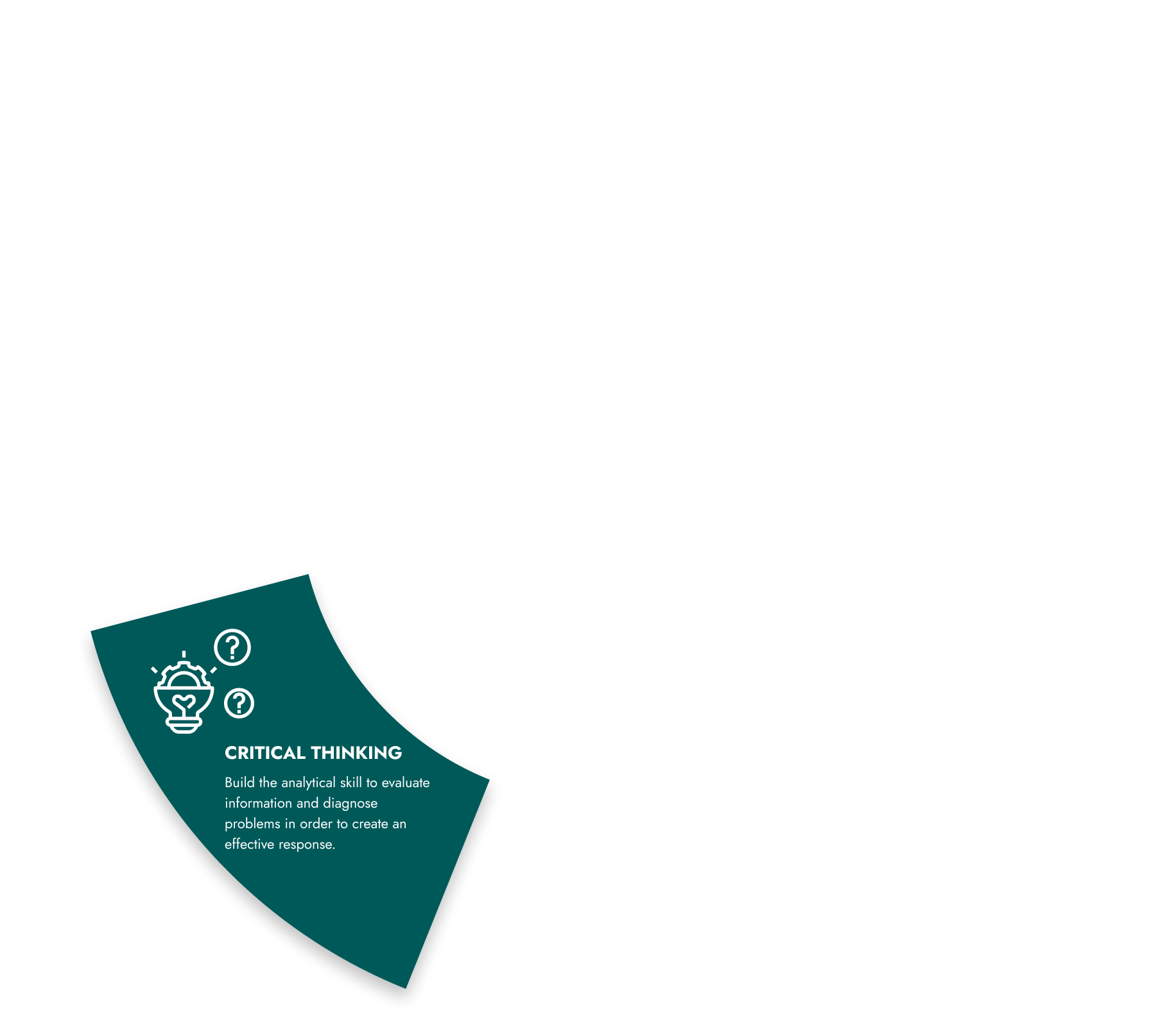
Courses and Educational Activities
The Academy offers an array of learning activities, including curriculum-based programmes, academic lectures, skill development training workshops and learning by doing internship for trainers and learners in various sectors of the society who has a vision for a sustainable future. The Academy also develops a series of e-cases and e-studies for online learning on different aspects crucial for the attainment of sustainability. Learning activities include:
Search Activities
Filter activities by category
E-case & E-studies
19 Oct 2022 (Wed) | 4 hours| Free
Available
Sustainable Urban Food Systems and a Collaborative Initiative in Hong Kong
This e-case introduces the major urban food challenges, the sustainable food system perspective and principles, as well as examples of sustainable urban food system practices and international initiatives to address the food challenges.
Learn More E-case & E-studies
19 Oct 2022 (Wed) | 4 hours| Free
Available
Sustainable Agriculture and its Implementation in Hong Kong
This e-case introduces the main goals and principles of sustainable agriculture.
Learn More E-case & E-studies
28 Dec 2021 (Tue) | 3 hours| Free
Available
Agroforestry: a land management system that increases both yield and resilience of agriculture
This e-study introduces the concepts of agroforestry in several case studies. Readers could gain a holistic understanding of the opportunities and challenges of implementing agroforestry around the world.
Learn More Postgraduate Study

This programme aims to equip students with the knowledge and skills required to understanding complex sustainability challenges, and managing sustainability issues in their daily work. It is designed for individuals, who are keenly aware of the importance of sustainability and those who wish to make a difference within, and contribute to the society and their professional field. The programme supports the student’s development to be a change agent who can bring a multi-disciplinary expertise to address 21st Century challenges. Whichever functional roles within business, non-profits, public or social sectors, students will learn how they can impact business performances in face of societal challenges, through the integration of sustainability principles in decision-making and problem solving processes.
The programme was launched in 1989 as the University’s first inter-faculty multi-disciplinary taught masters programme. The distinctive feature of the programme is its focus on management perspectives surrounding a wide variety of environmental science, environmental engineering, as well as legal and policy-related concerns. The programme provides a comprehensive perspective on contemporary environmental management problems and policy responses, in Hong Kong and overseas. It is suitable for students from a wide variety of academic backgrounds. Teachers from the Centre for Civil Society and Governance contribute to the policy and social sciences side of the curriculum, including Sustainability, Society and Environmental Management; Environmental Policy; Environmental Economics and Analysis; Environmental Auditing and Reporting; Urban Planning and Environmental Management; and Corporate Sustainability.
Undergraduate Study
This course CCGL9040 Energy Futures, Globalization and Sustainability was launched in 2013/14 as the first cross-departmental initiative on common core courses. Teachers from the Faculty of Engineering and the Faculty of Social Sciences co-teach this course covering both the science and policy dimensions of energy production and use from the perspectives of sustainability and globalization.
The course explores the relationships between energy, globalization and sustainability at the global, regional and local levels. The course examines how globalization affects energy supply and use, and how energy systems affect economies, societies and our environment. Using examples from developing and developed countries, the course analyses the ways in which processes of globalization, energy governance and sustainability interact. It explores the problems that arise, and how countries develop strategies to manage these problems. The course also argues that localised community-based initiatives have the potential of making major contributions to addressing energy sustainability issues internationally. Through examining the rise of energy communities in other countries, students will be inspired to explore the possibilities of developing such initiatives in the local Hong Kong context.
This course CCGL9058 Villages and Global Futures first explains the socio-cultural, economic and ecological functions of rural areas and how these systems evolved under the process of urbanization. It then provides a walk through from the conventional urban-rural divide to the more recent enlightenment of “urban-rural resilience” promoted by the United Nations Sustainable Development Goals. The changing role of various policy actors including officials, social entrepreneurs, corporate leaders as well as citizens and their collective actions for rural sustainability attainment will be discussed.
The approach of social entrepreneurship is increasingly being adopted to address complex societal problems from local to global scale. Broadly defined, social entrepreneurship refers to innovative, social value creating activities which can occur within or across the business, nonprofit and public sectors.
This course CCGL9082 Sustaining Sustainability: Innovations for Policies and Governance introduces students to the academic foundation of social entrepreneurship, including entrepreneurship and management studies in connections with systems thinking, sustainable value chains, and collaborative governance. The analysis of case studies will illustrate the enabling eco-systems, policy contexts, institutional arrangements, stakeholder engagements and other practical issues in the development and management of social entrepreneurship or social ventures in different socio-economic landscapes.
The knowledge and skills developed through the course will equip students with the capacity to become more effective and imaginative social entrepreneurs across a broad range of sectors. This will, in turn, be crucial for their journey of self-development as global citizens.
This course CCGL9082 Sustaining Sustainability: Innovations for Policies and Governance takes a forward looking, solutions-orientated approach to addressing sustainability issues across spatial and governance scales. Specifically, it covers new and innovative advances and developments in the sustainability arena and considers how these can be related to policy, policymaking and governance, with a focus on the intersections between society, science and technology, from the local to global level.
The course utilises case studies, a field trip, electronic tools and platforms (e.g. gen-AI and simulations) and engage in debates and discussions to fully explore the interconnections and complexities involved in sustainability challenges and responses. Sustainability is an issue of increasing prominence in students’ everyday lives, through the learning material, students are provided with a better understanding of the different facets of this concept to better understand intricate relationships and the complexities involved with crafting effective responses. This course includes providing insights into how local impacts can make a global difference, as well as how international decisions can have local consequences, to enable students to better understand their own position in global society. The focus on solutions and new advances in this area equips students with practical knowledge and understanding that can empower them in engaging and tackling sustainability issues.


